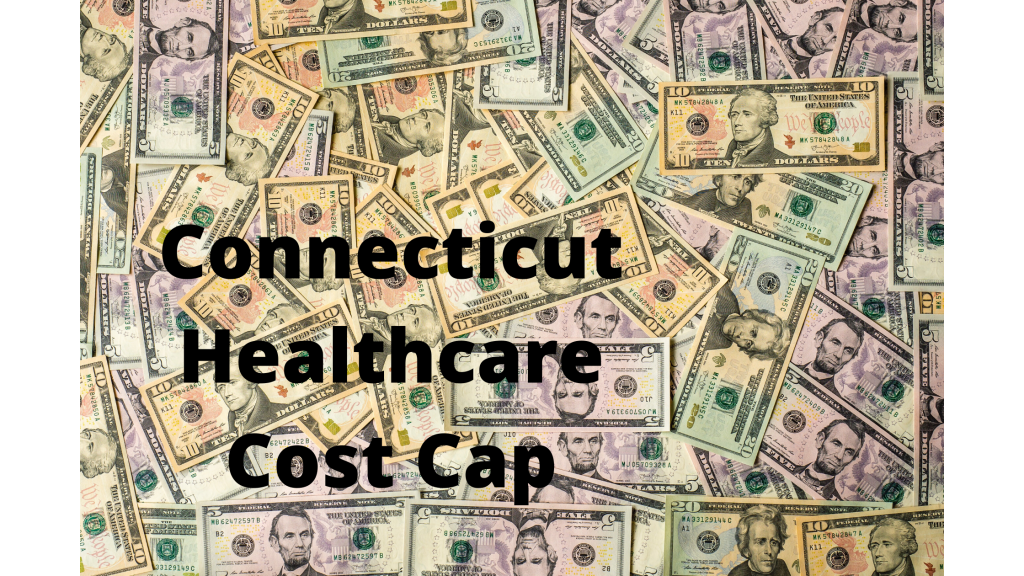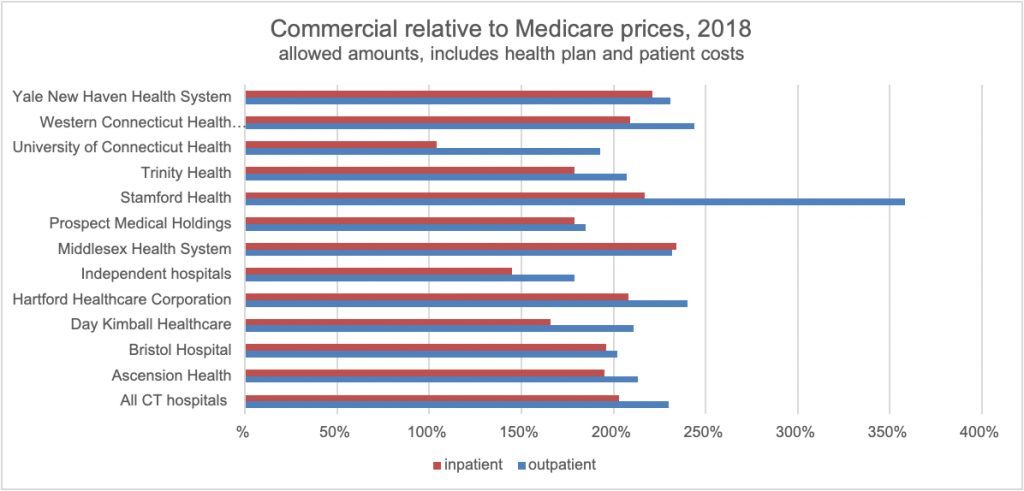providers
Connecticut healthcare employment coming back
Download the report Like other Connecticut workers, healthcare employment was hit hard by the pandemic in March, according to data from the CT Department of Labor. While the pandemic sharply increased demand in a few healthcare sectors to care for COVID patients, other sectors declined as people and providers delayed non-COVID care. But that is…
Read MoreCost Cap underservice monitoring plan is very weak, puts people at risk
Download the report This week, the Office of Health Strategy (OHS) unveiled their plan to monitor for unintended consequences of their plan to cap healthcare cost increases. OHS acknowledged in the plan that the Cap “may cause providers to reduce provision of necessary healthcare services so as not to exceed the benchmark.” Only a very…
Read MoreCT Medicaid eligibility and service decisions benefit members but also the state budget
It may be counter-intuitive but, despite our high incomes, Connecticut’s generosity in eligibility and provider rates means the federal government provides more support to our program than other states. Medicaid is jointly funded, and administered, by both federal and state governments. Federal funding is highest to states with the lowest per capita incomes. As a…
Read MoreCT suicide prevention planning to save lives
Like the rest of the nation, deaths by suicide were rising in Connecticut even before the pandemic, according to the State of Connecticut Suicide Prevention Plan for 2020 – 2025. One in three Connecticut residents have reported signs of depressive and/or anxiety disorder during the pandemic. The newly released plan offers data-driven recommendations to prevent…
Read MoreCT hospital uncompensated care below US average, varies between hospitals, no relation to profits
Read the report According to the state’s latest report, Connecticut hospitals provided totaled $806 million in uncompensated care last year, up 5.3% from 2018. Uncompensated care is the total of charity care, provided to needy patients that hospitals never expected to be reimbursed, plus bad debt, care provided that patients couldn’t or wouldn’t pay for.…
Read MorePublic comments critical of OHS’s Cost Cap plan
Several comments submitted on the Office of Health Strategy’s plan to cap healthcare costs during the public comment period raised serious concerns. The concerns echo those raised in previous unanswered letters signed by dozens of advocates. Comments were submitted by CT legal services programs, Gaye Hyre on behalf of the advocate letter writers, and one…
Read MoreYNHH and New Haven clinics open primary care center, despite transportation barriers and higher costs for patients and the state
On Monday, Yale New-Haven Health System with the Fairhaven and Cornell Scott Hill health centers announced the opening of their merged primary care clinic on Long Wharf. YNHH is closing their three neighborhood primary care clinics and moving healthcare for over 25,000 low income patients to the remote site. Community members find the transportation plans…
Read MoreCommercial plans pay Connecticut hospitals 215% of Medicare prices, but that’s better than most states; No evidence of Medicaid or Medicare cost shifting
A new data set and report from RAND finds that Connecticut hospital prices paid by commercial plan were 215% of Medicare in 2018, varying from 144% for UConn Health to 282% for Stamford Health. If commercial plans had paid the same rates as Medicare that year, consumers would have saved $510 million. While high, Connecticut…
Read MoreCT ranks 5th among states in providing Long Term Services and Supports
Connecticut is improving Long-Term Services and Supports (LTSS) for older adults, people with physical disabilities, and their caregivers rising to fifth in performance among states, according to the latest State Scorecard. This is up from 10th, 12th, and 11th in previous reports from 2017, 2014, and 2011. Most states did not move much between report…
Read MoreOHS committee considers how to sell the Cost Cap to stakeholders
Last week’s meeting of the Office of Healthcare Strategy’s Cost Cap committee, as they are wrapping up the project design, ended with discussion of how to ensure their project is successful in controlling healthcare costs. Despite developing the Cap during a pandemic, there has been considerable resistance and mistrust of the concept and the process.…
Read More







